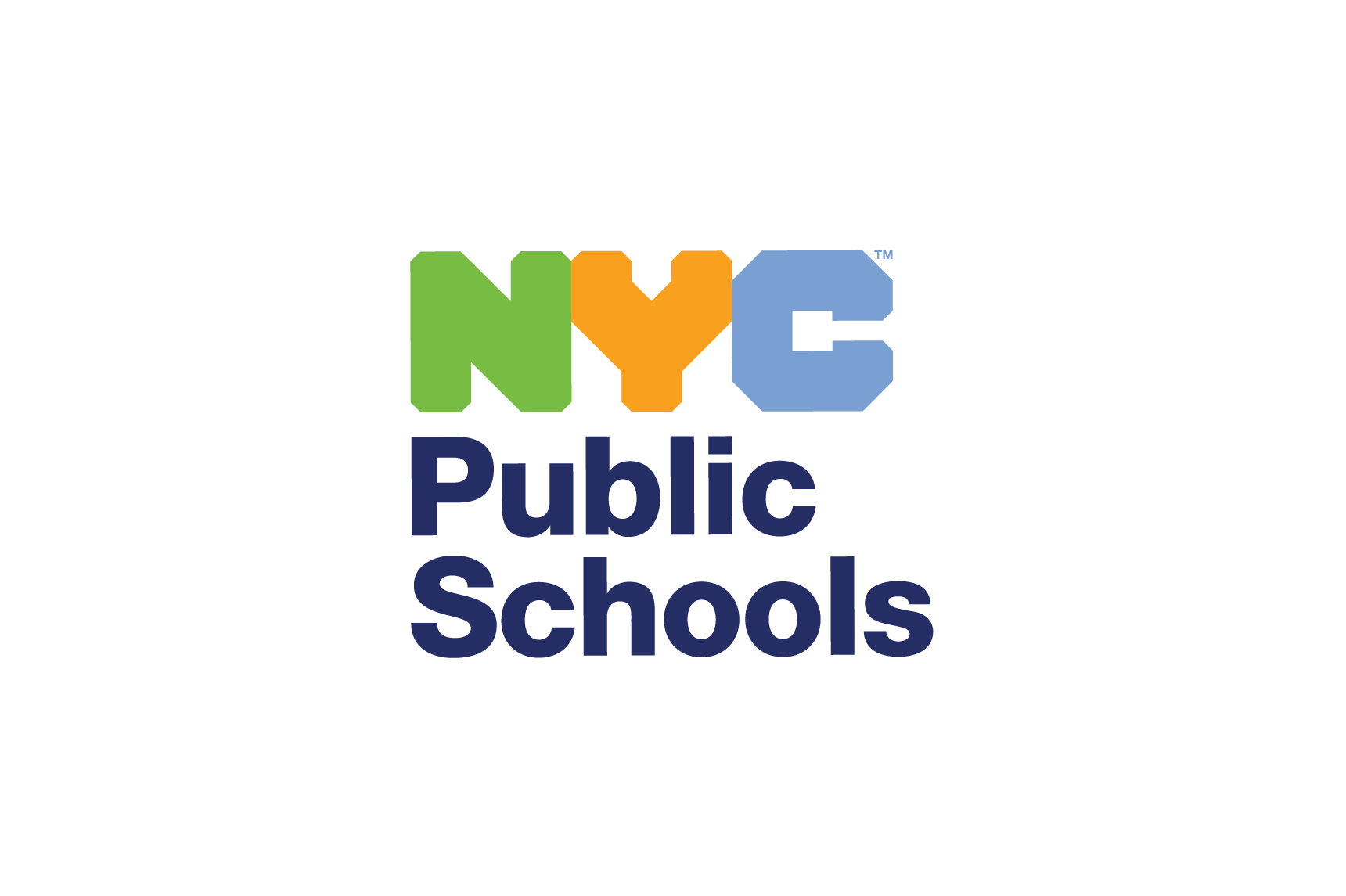Chancellor Fariña Highlights Passport To Social Studies Curriculum
Today, Schools Chancellor Carmen Fariña visited Social Studies classes at PS 150 in Queens, one of the 866 elementary and middle schools using the Department of Education's Passport to Social Studies curriculum. The Passport was introduced in the 2016-17 school year and has now been adopted by over 70 percent of the City's elementary and middle schools in its second year.
"Social Studies has always been my favorite subject, and schools across the five boroughs are bringing it to life with the Passport to Social Studies," said Schools Chancellor Carmen Fariña. "I hope the Passport will inspire the next generation of citizens who are well-versed in current events and historical patterns, and think critically about how to improve New York City and our society. With our investment in the Passport, we are giving teachers a high-quality resource to teach our students about the past and present while instilling in them a love of learning."
The Passport is a comprehensive instructional resource for teachers in grades Kindergarten through 8, organized around units of study that are guided by essential questions. The units of study contain individual lesson plans, and teachers can use them to develop students' social studies skills, practices, and historical understanding. Teachers are encouraged to customize the Passport to meet their individual students' and classrooms' needs.
The Passport helps students think like historians by raising questions, thinking critically, considering many perspectives, and gathering evidence; it also supports students making connections between history and their own lives, and seeing themselves as active members of a global community. It features hands-on activities and a variety of primary and secondary source documents and resources for each unit of study and lesson.
This includes excerpts from engaging fiction and nonfiction, like excerpts from the graphic novel March: Book Two by John Lewis to teach students about the U.S. Civil Rights movement, and the historical novel Encounter by Jane Yolen to teach students about European exploration of the Americas; digital resources from leading New York City cultural institutions such as The Metropolitan Museum of Art, The New-York Historical Society, and The Museum of the City of New York; and lessons on New York City historical events not covered in other curricula, such as the New York Tea Party, the Battle of Golden Hill, Evacuation Day, and the New York City Draft Riots.
The Passport was developed by the DOE in collaboration with a wide-ranging group of teachers, historians and cultural partners. It builds on the New York City K-8 Social Studies Scope and Sequence, a roadmap of key standards that was released in 2014 but is not a comprehensive curriculum like the Passport.
At PS 150, Chancellor Fariña visited several classes using the Passport, including a 5th-grade class that created a "living history museum" about European explorers, a 3rd-grade class creating travel brochures and researching endangered animals as part of their unit on China, and a 2nd-grade class actively learning about New York City transportation.
"Congratulations to PS 150 on being chosen for a visit by Chancellor Fariña to celebrate its successful use of NYC DOE's innovative social studies curriculum," said Assemblywoman Catherine Nolan. "Good instruction in civics is important. Principal Carmen Parache, teachers, staff, parents, family and students are an outstanding part of our Sunnyside community."
"Exposure to a rich variety of engaging sources helps our students make connections between the past, present, and future, while developing their critical thinking skills," said Council Education Committee Chair Mark Treyger. "As a former government and history teacher, I commend Chancellor Fariña for providing teachers with this valuable resource, which will inspire students to develop a meaningful relationship with the city and world around them."
"Social Studies was the first subject I gravitated to in school and was the foundation for my love of history, government and politics. I am thrilled to see this engaging curriculum being used in New York City schools, helping to shape the minds and pique the curiosity of another generation of leaders," said Council Member Jimmy Van Bramer.
This administration has developed Citywide instructional resources across subjects, including the Professional Learning Handbook; a first-of-its-kind comprehensive English Language Arts and writing curriculum for high school teachers; a STEM Framework, along with an updated Science Scope & Sequence; and strong literacy resources, including a new Vocabulary Practice Guide, Independent Reading Guide, and guides on teaching Cursive and Manuscript Writing. Collaborative programs like Showcase Schools and Learning Partners also bring educators together to improve instruction.

